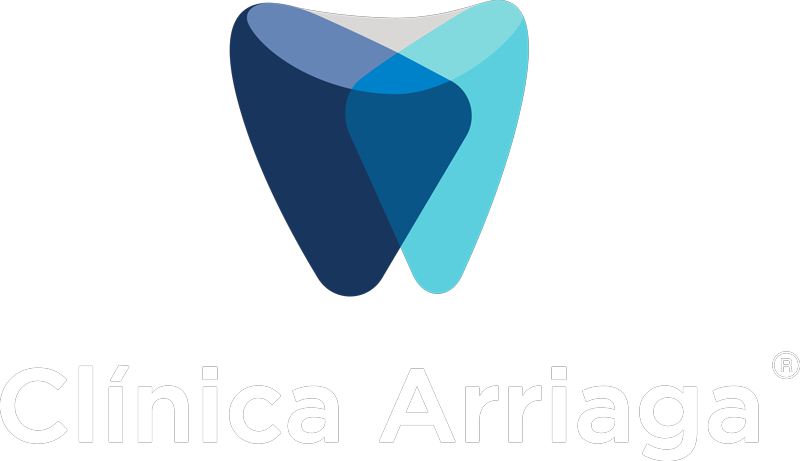Oral Health During Pregnancy
Oral health during pregnancy – entails a series of organic and behavioral changes that can impact the oral cavity, leading to an increased risk of dental caries and gum diseases.
Hormonal changes accompanying pregnancy can exacerbate the onset of certain conditions such as:
- Gingivitis (gum bleeding and swelling);
- Periodontitis (gum recession);
- Loss of bone/fibers around the teeth;
- Gum Problems.
Typically, gum problems arise during the second month of pregnancy and may improve after childbirth. However, if gum issues existed before pregnancy, they may worsen during gestation.
It’s important to dispel the misconception that pregnancy directly causes dental problems for the mother. The baby does not draw calcium from the mother’s teeth.
Instead, the mother may develop cavities due to factors such as:
- Poor oral hygiene routines leading to bacterial plaque buildup;
- Changes in dietary habits (increased carbohydrate consumption);
- Recurrent morning sickness;
- Prevention.
To avoid these issues, it’s essential to follow these recommendations:
- Brush teeth after meals and before bedtime with fluoride toothpaste
- Use dental floss/interdental brushes at least once a day
- Avoid sweet/sticky foods and carbonated beverages
- Schedule a dental appointment to ensure no underlying issues exist
- After a vomiting episode, rinse with a mixture of water and 1 teaspoon of baking soda to dilute and rebalance the acidic content in the mouth
Dental Treatments
Regarding dental treatments during pregnancy, they can and should be performed, ideally in the second trimester, as it’s a period of greater stability.
Pregnant individuals often avoid addressing dental issues due to fears about the treatment’s effects on the baby’s development. However, an oral cavity infection poses more dangers to the baby than dental treatment itself.
Therefore, when planning to conceive or upon discovering pregnancy, scheduling a dental appointment with your dentist is crucial.
I WANT TO SCHEDULE AN APPOINTMENT




